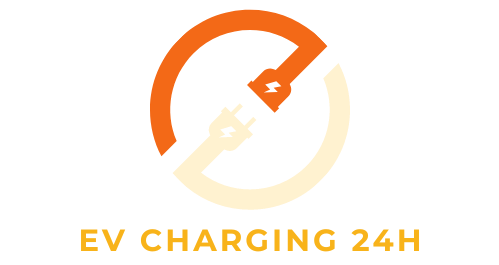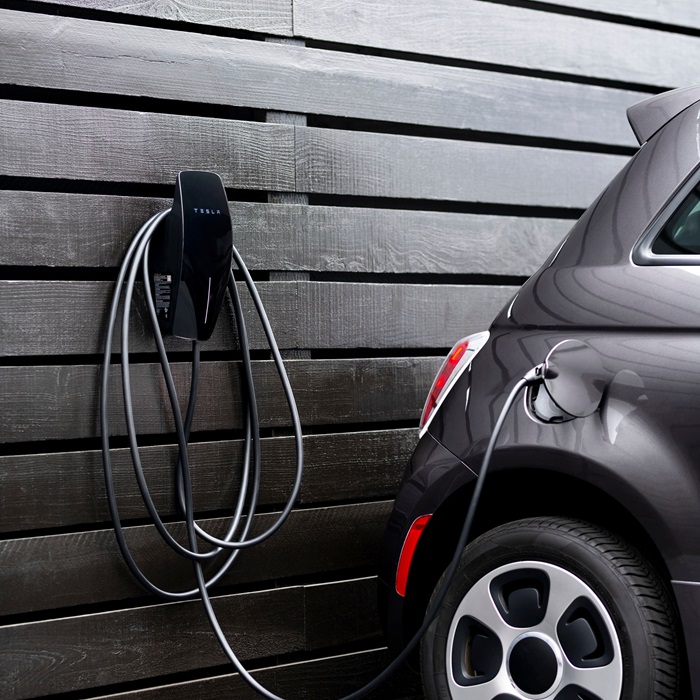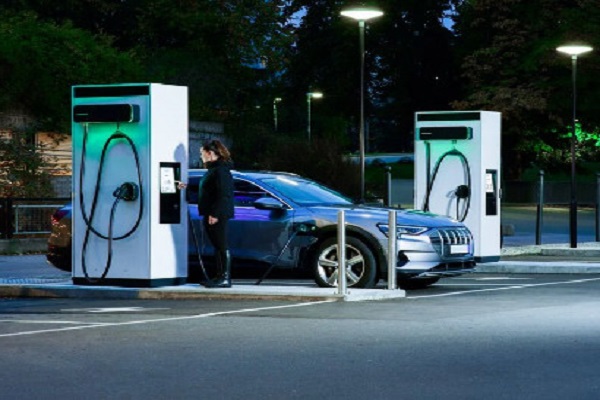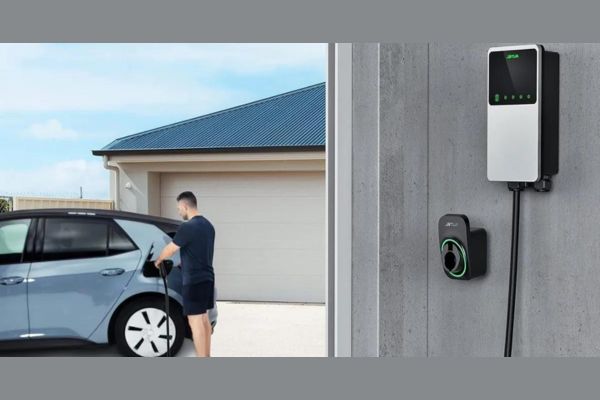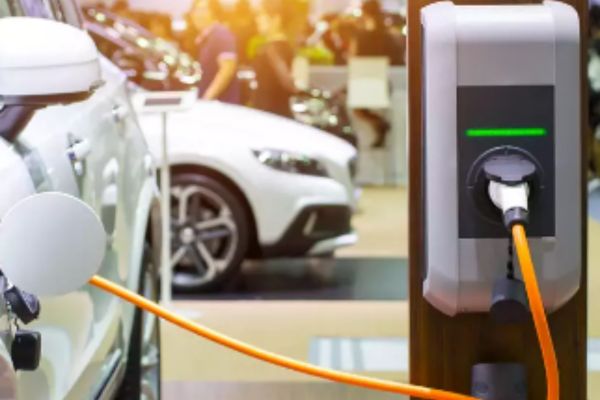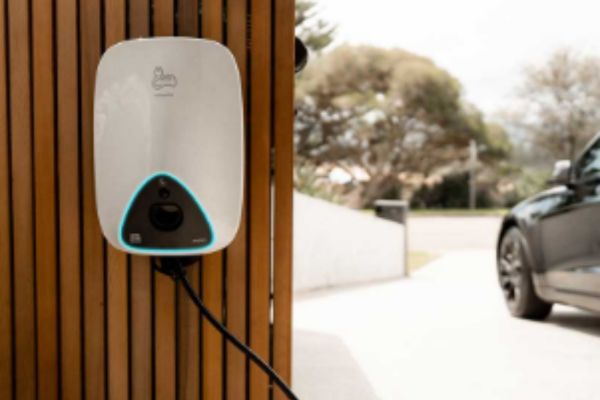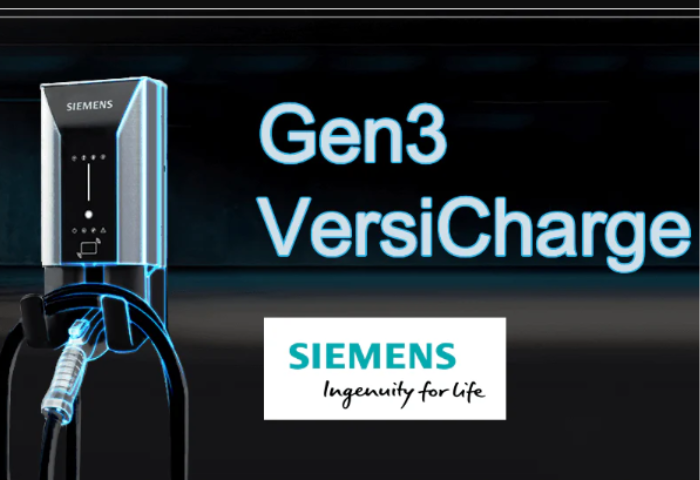Wall Connectors: Your Gateway to Efficient EV Charging
Wall connectors are a crucial component in the electric vehicle ecosystem, providing a convenient and efficient way to charge EVs at home or in commercial settings. These devices are specifically designed to safely and rapidly charge electric vehicles, offering faster charging speeds compared to standard electrical outlets.
Overall, wall connectors play a pivotal role in promoting the widespread adoption of electric vehicles by offering a reliable and user-friendly charging solution.
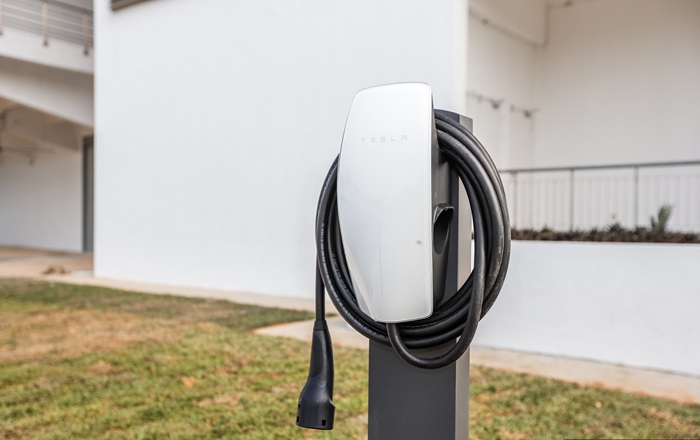
Understanding Wall Connectors
A Wall Connector is a dedicated charging station designed for electric vehicles (EVs), typically installed in homes, garages, or workplaces. It provides a safe and efficient way to charge your EV, offering significantly faster charging speeds compared to standard household outlets.
Wall Connectors come in various types, with Level 2 chargers being the most common for residential use. These Level 2 chargers typically operate on 240 volts and can fully charge most EVs within a few hours, depending on the battery capacity and charging rate.
Investing in a Wall Connector offers several advantages, including faster charging times, increased convenience, and improved battery health. It eliminates the need to rely on public charging stations and allows you to charge your EV overnight, ensuring it’s ready for the next day’s commute.
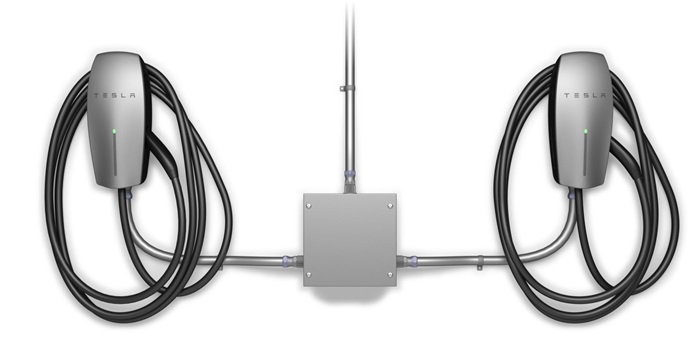
Detailed Features of Wall Connectors
Wall connectors offer a dedicated and efficient charging solution for electric vehicles. Their robust construction and advanced features make them ideal for both residential and commercial applications.
1. Technical Specifications and Charging Capabilities:
Wall connectors typically offer charging speeds of up to 48 amps, significantly faster than standard household outlets. This translates to a full charge in a fraction of the time, depending on the vehicle’s battery capacity. Additionally, they boast high energy efficiency, minimizing energy waste and maximizing cost savings.
2. Comparison with Mobile and Universal Connectors:
While mobile and universal connectors provide flexibility for charging on the go, they often lack the speed and power of wall connectors. Wall connectors offer a dedicated charging point, eliminating the need to search for compatible outlets or adapters. This convenience, coupled with their faster charging speeds, makes them a preferred choice for regular use.
3. Smart Technology and Connectivity:
Modern wall connectors come equipped with Wi-Fi connectivity and app integration. This allows for smart energy management, enabling users to schedule charging during off-peak hours and optimize energy costs. Remote monitoring capabilities provide real-time information on charging status and energy consumption, offering enhanced control and peace of mind.
In conclusion, wall connectors offer a powerful, convenient, and intelligent solution for electric vehicle charging. Their superior charging speeds, dedicated design, and smart features make them an ideal choice for both home and business owners seeking a reliable and efficient charging experience.
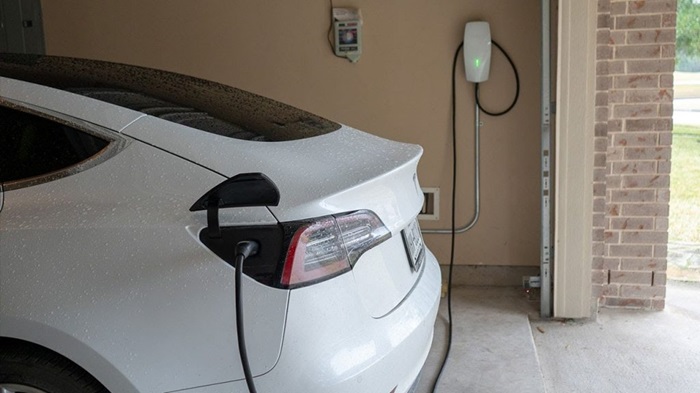
Compatibility and Installation of Wall Connectors
Wall connectors offer a convenient and efficient way to charge electric vehicles (EVs) at home. However, compatibility and installation considerations are crucial for a seamless experience.
1. Compatibility and Versatility
Wall connectors are typically compatible with most EV models, but adapters may be needed for certain brands or older vehicles. It’s essential to check the compatibility list of the chosen connector and the specific adapter requirements for your EV. Additionally, wall connectors should be adaptable to different home electrical systems, including single-phase and three-phase configurations.
2. Installation Guidelines
Installing a wall connector can be a DIY project for those with electrical expertise. However, professional installation is recommended for safety and to ensure compliance with local electrical codes. A step-by-step guide for DIY installation would include selecting the appropriate location, mounting the connector, wiring it to the electrical panel, and configuring the charging settings.
3. Safety Protocols
During installation, adhering to safety protocols is paramount. This includes wearing appropriate safety gear, de-energizing the electrical panel, and following all local electrical codes. Additionally, the wall connector should be installed in a dry and well-ventilated location to prevent electrical hazards.
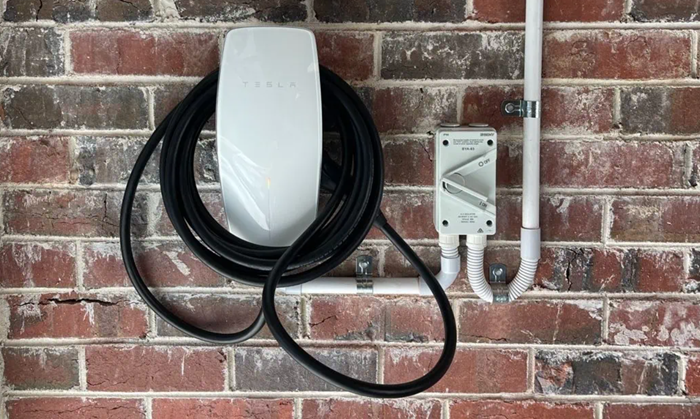
Advanced Functionalities
Wall connectors offer advanced functionalities that enhance the user experience and safety. Firmware updates, delivered seamlessly over Wi-Fi, ensure your connector remains optimized and compatible with the latest technologies. This future-proofs your investment, providing long-term benefits.
Integrated safety features like overcurrent protection, ground fault interruption, and thermal monitoring safeguard both the user and the charging process. These features ensure operational integrity and provide peace of mind, knowing your electric vehicle is charging safely and efficiently.
Economic and Environmental Considerations
1. Cost Analysis and Incentives for Wall Connectors
Purchasing and installing a wall connector involves upfront costs, but these can be offset by available rebates and incentives. The cost of the connector itself varies depending on the model and features, ranging from $500 to $1,200.
Installation costs can add another $300 to $800, depending on factors like electrician fees and the complexity of the wiring.
Fortunately, numerous programs and incentives can significantly reduce these initial expenses. Many local utilities offer rebates for purchasing and installing EV chargers, often covering a substantial portion of the cost. Additionally, federal and state tax credits may be available, further lowering the net cost.
By taking advantage of these incentives, the overall cost of a wall connector can be significantly reduced, making it a more accessible and attractive option for EV owners.
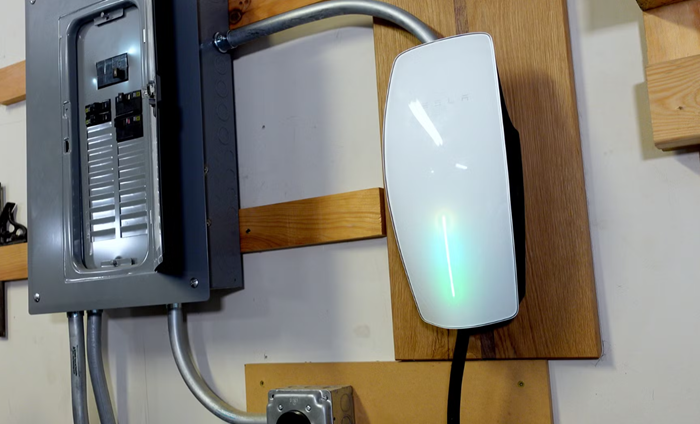
2. Environmental Impact and Energy Efficiency of Wall Connectors
Wall connectors play a crucial role in reducing the carbon footprint of transportation. Their energy efficiency directly impacts the environmental impact of EVs, making them a key element in the transition towards sustainable mobility.
Integrating wall connectors with renewable energy sources, such as solar panels, further enhances their environmental benefits. By drawing power from renewable sources, EVs can significantly reduce their reliance on fossil fuels, leading to a substantial decrease in greenhouse gas emissions.
In addition to environmental benefits, energy-efficient wall connectors offer economic advantages. By minimizing energy consumption, they can lower electricity bills for EV owners. Furthermore, their smart features, such as scheduling charging during off-peak hours, can further optimize energy usage and cost savings.
In conclusion, wall connectors are not just charging devices; they are essential components in the shift towards a more sustainable transportation system. Their energy efficiency and integration with renewable energy sources contribute significantly to reducing the environmental impact of EVs, paving the way for a cleaner and greener future.
Consumer Insights and Market Trends
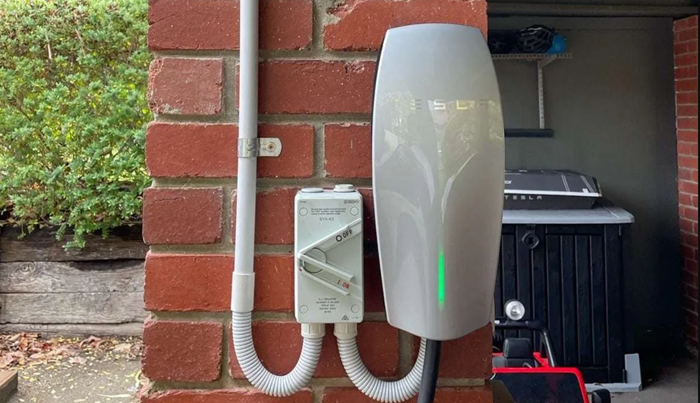
1. Customer Reviews and Market Feedback
Customer reviews and market feedback play a crucial role in understanding customer satisfaction and areas for improvement. By synthesizing customer reviews, we can identify common themes and points of satisfaction or concern.
This analysis allows us to gain valuable insights into customer preferences and expectations. In the case of wall connector technology, consumer feedback has been instrumental in driving recent enhancements.
By listening to customer feedback, we have been able to make improvements that address their needs and enhance their overall experience with our products.
2. Current Market Trends and Future Outlook
The current market trends in wall connector adoption reveal a significant uptick in consumer interest in electric vehicle charging solutions. Technological advancements in this sector are driving innovation, with increased efficiency and convenience being key focus areas.
Looking ahead, the future outlook suggests a continued growth trajectory for wall connectors, fueled by advancements in smart charging capabilities and integration with renewable energy sources.
Stakeholders are advised to closely monitor these trends and prepare for a dynamic market landscape in the coming years.
In conclusion, utilizing a wall connector for home charging offers numerous benefits, such as faster charging times, convenience, and cost savings compared to using a standard outlet.
It is crucial to carefully consider one’s individual needs and preferences when selecting a wall connector to ensure optimal performance and compatibility with their electric vehicle.
Making the right choice can greatly enhance the overall charging experience and contribute to a more efficient and sustainable lifestyle.

Henry Michael is a leading expert in EV charging station research, specializing in innovative solutions for electric vehicle infrastructure. With a passion for sustainability and technological advancement, he is dedicated to advancing the accessibility and efficiency of EV charging worldwide.
